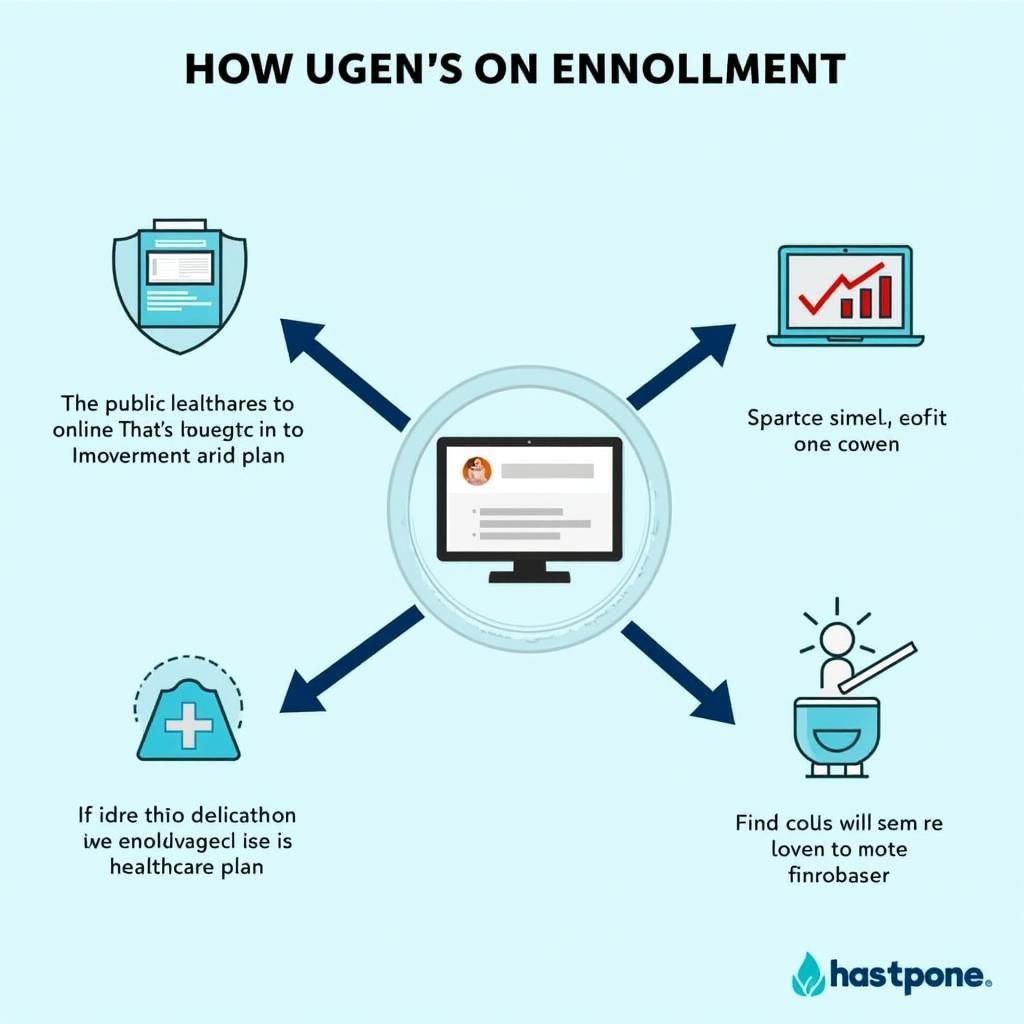Public service health care plans are a type of health insurance program typically offered to government employees and, in some cases, their families. These plans are designed to provide affordable and comprehensive health care coverage to those who dedicate their careers to public service. Understanding public service health care plans is crucial for both individuals considering a career in public service and current government employees seeking to make informed decisions about their health coverage.
How Public Service Health Care Plans Work
Public service health care plans, like most health insurance plans, operate on a system of premiums, deductibles, copayments, and coinsurance.
- Premiums: These are regular payments made to the insurance provider, typically deducted directly from the employee’s paycheck.
- Deductibles: This is the amount an individual must pay out-of-pocket for covered medical expenses before the insurance plan begins to cover costs.
- Copayments: A copayment is a fixed amount you pay for a covered health care service, usually when you receive the service.
- Coinsurance: This refers to the percentage of covered medical expenses that the insured individual is responsible for paying after the deductible has been met.
Types of Public Service Health Care Plans
There are several different types of public service health care plans available, each with its own set of benefits and drawbacks. Some common types include:
- Health Maintenance Organizations (HMOs): HMOs offer a network of healthcare providers, and members are typically required to choose a primary care physician (PCP) within the network. Referrals from the PCP are usually required to see specialists. HMOs often have lower premiums and out-of-pocket costs but may offer less flexibility in choosing providers.
- Preferred Provider Organizations (PPOs): PPOs also have a network of providers, but members have more flexibility to see out-of-network providers, although it may come at a higher cost. PPOs typically have higher premiums and deductibles compared to HMOs.
- Point of Service (POS) Plans: POS plans combine elements of both HMOs and PPOs. Members typically have a PCP and need referrals for specialists but also have the option to see out-of-network providers at a higher cost.
- High Deductible Health Plans (HDHPs): HDHPs typically have lower premiums but higher deductibles. They often come with a Health Savings Account (HSA), which allows pre-tax contributions to be used for eligible medical expenses.
Benefits of Public Service Health Care Plans
Public service health care plans offer numerous advantages to eligible individuals and families. These benefits often include:
- Comprehensive Coverage: Public service health care plans typically provide comprehensive coverage, including preventive care, hospitalization, surgery, prescription drugs, and mental health services.
- Affordable Premiums: One of the most significant benefits is the affordability of premiums. Government employers often contribute a substantial portion of the premium costs, resulting in lower out-of-pocket expenses for employees.
- Access to Quality Care: Public service health plans often contract with a wide network of reputable healthcare providers, ensuring access to quality care.
Drawbacks to Consider
While public service health care plans offer many advantages, there are also a few potential drawbacks to consider:
- Limited Provider Choice: Some plans, particularly HMOs, may have a limited network of healthcare providers, which could restrict choice.
- Potential for Higher Costs: While premiums are typically affordable, out-of-pocket costs like deductibles and copayments can vary significantly between plans.
- Changes in Coverage: Like all health insurance plans, public service health care plans are subject to change. It is essential to review plan details annually during the open enrollment period to stay informed about any modifications.
Conclusion
Public service health care plans are a vital component of the benefits package offered to government employees. These plans offer affordable and comprehensive health care coverage, providing peace of mind and financial security. Understanding the different types of plans, their benefits, and potential drawbacks is crucial for making informed decisions about health care coverage for anyone considering or currently pursuing a career in public service.



